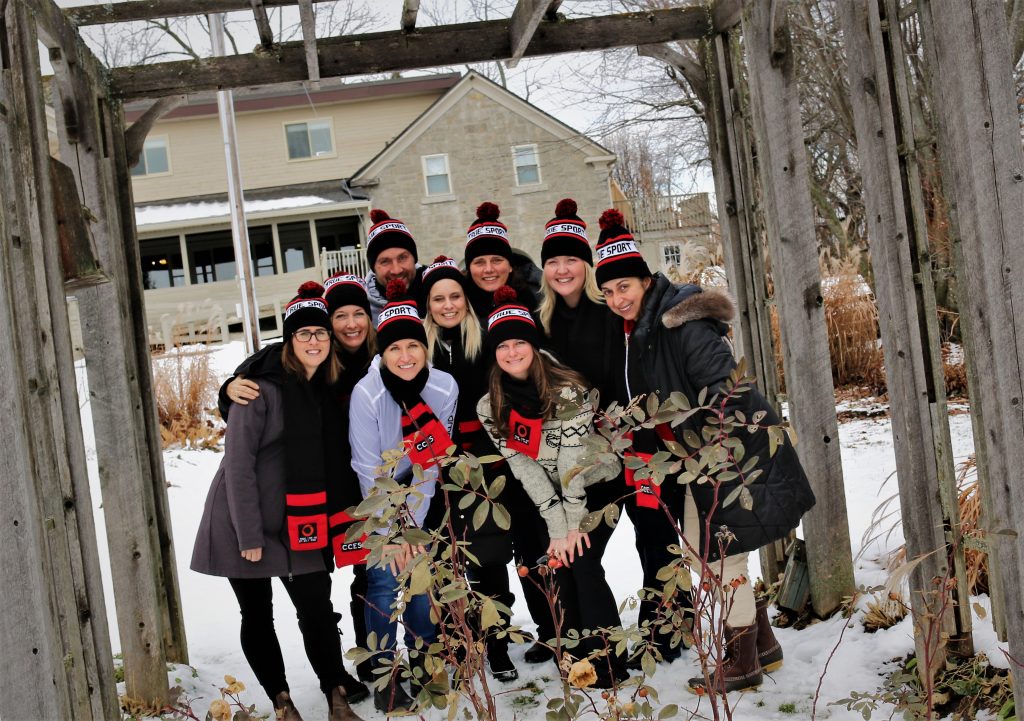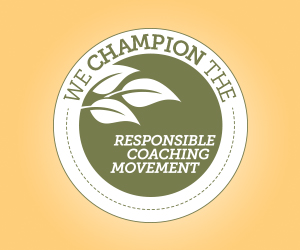Unpaid Interns
Many sport organizations rely on unpaid interns to provide valuable workplace opportunities to students and young professionals, and boost capacity during busy times. However, some unpaid intern positions are contrary to employment laws in Canada. On #ThrowbackThursday, learn more in this “old but good” 2014 blog from the Sport Law & Strategy Group.
Resolving Conflict: The Power of Dialogue and Authentic Apology

Healthy conflict is an important part of productive work relationships, but the moment that conflict morphs into something more insidious, issues ensue. In the world of sport we often praise a win-at-all-costs approach to any challenge. When a prospective opponent faces us, we put up our fists, ready to defend our territory. Has this mentality…
Sport Leaders Retreat
The Sport Leaders Retreat is a “leadership development boot camp” for sport leaders from provincial/territorial, national and multi-sport organizations, hosted by the Canadian Centre for Ethics in Sport and the Sport Law & Strategy Group, with funding from Sport Canada. Today’s blog, by Sport Leaders Retreat facilitator Dina Bell-Laroche, shares insight from previous participants about…
Investing in Leaders is Smart Risk Management Strategy

The Sport Leaders Retreat is a “leadership development boot camp” for sport leaders from provincial/territorial, national and multi-sport organizations. Hosted by the Canadian Centre for Ethics in Sport and the Sport Law & Strategy Group, the program is designed to help sport leaders access to new ways of relating to self, others and the world…
Women Leaders – Americas Paralympic Region
This weekend, current and future women leaders from across the America’s gathered in Ottawa. The three-day event was the start of an eight-month project to increase and enhance the participation and representation of women in leadership roles in the Americas Paralympic Region, hosted by the National Paralympic Committees of Canada and Peru with support from…
Building a genuine feedback culture within your sport starts at the top

Sport is often held aloft as an example of an environment where feedback flows easily. As a communications coach and management consultant working with business leaders across North America, I often publicly herald the virtues of the feedback culture I witnessed and experienced in the sport arena, and criticize the dearth of effective feedback habits…
#ThanksCoach – Celebrating National Coaches Week 2018

September 22 – 30, 2018, marks the fourth annual National Coaches Week – an opportunity to celebrate the tremendous positive impact coaches have on athletes and communities across Canada. There are many reasons why people get involved in coaching sport: as parents, we want to spend time with our child in an active way; as individuals, we…
Self-awareness – a key driver in developing well-rounded leaders

“First, know thyself.” -Socrates Self-awareness is the ability to recognize, understand and manage one’s feelings, thoughts and behaviours. To better manage the complexities of the current sport and social landscape, self-awareness is a foundational skill that is being increasingly recognized as an essential trait for all leaders. As renowned bestselling author Daniel Coleman of Emotional…
Creating a Safer Sport Environment with Ethics and Respect Training

This is the final blog of a 3-part series providing tools and resources to strengthen safety and ethical values in sport by introducing the Responsible Coaching Movement. If this is your first visit to this blog series, considering taking a few minutes to read the other two posts on Background Screening and the importance of…
Lessons from the Start Line – Applying Sport Experiences to a Future Career as a First Responder

I was born in 1995 which means I fall under the very prestigious title of a millennial. Not only are we known for the extensive technological integration into our lives, but also for our high unemployment rates and decreased job satisfaction. This pushes many to stay at home with their parents and continue post-secondary education…